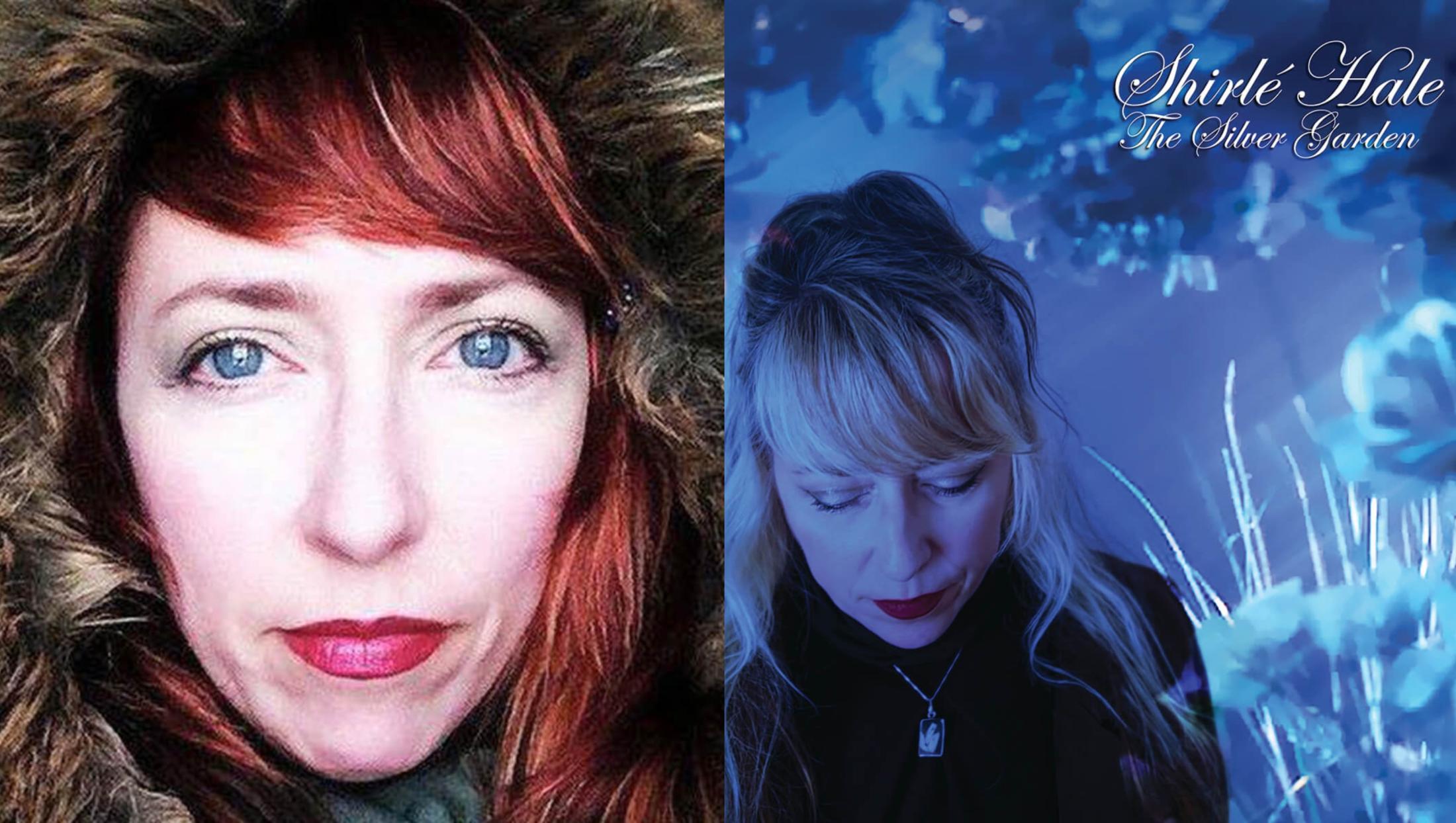Arts & Culture
Shirlé Hale’s Debut Solo Album Melodically Addresses Growing Old
The 59-year-old indie rocker discusses 'The Silver Garden'—a refreshing alternative to the illusion of eternal youth.

For decades, rock performers have struggled with aging. Occupying a creative space long characterized by teen-spirit moshing and “hope-I-die-before-I-get-old” declarations, they often project an illusion of eternal youth. Not so with indie rocker Shirlé Hale, who offers a refreshing alternative to such delusions.
It’s been a momentous year for Hale, the bassist and vocalist in acclaimed local bands such as Womyn of Destruction and Gerty, the latter featuring her husband, David Koslowski. In early 2023, the couple behind the Baby’s On Fire record shop and café in Mount Vernon sold most of their possessions and relocated to Portugal. Late in the year, Hale released her debut solo album, The Silver Garden, which is out now. Produced by Rob Girardi (Beach House, Double Dagger), the record features an impressive cast of local legends like Arbouretum, Jawbox, and Celebration on tunes she calls “love songs for aging people.”
It opens with the swaggering “Big Summer Moon,” before unfurling through a succession of melodic, at times majestic tunes addressing various aspects of growing old. Hale’s evocative singing gives the album a supple authenticity that brings to mind Siouxsie Sioux or even Jeff Buckley’s Grace. A spot-on cover of Talk Talk’s “Life’s What You Make It” fits in perfectly.
Why did you wait so long to put out your first solo record?
I didn’t have the confidence to do it before now, because I was too self-conscious. At the age of 59, I feel like I can do what the hell I want and not worry so much about what other people think.
When subjects like aging and loss started turning up in your songs, did you welcome that development or initially resist it?
At first, I didn’t realize what I was writing about. I didn’t think, “I’m gonna write an album about aging.” The songs just started happening, the words flowed, and, at some point, I realized there was a thread running through it all.
Looking back, why did those subjects emerge like they did?
Both of my parents had passed away, my brother died, and one of my best friends had a heart attack out of the blue. It was like, “Oh my god, make it stop.” But it made me realize I’m in this part of my life, and this is how things are gonna roll. I’m getting older, and people are going to start leaving. That realization also played a part in me and David leaving Baltimore and moving to Portugal. For the past 10 or 15 years, we’d been saying, “Wouldn’t it be great to live in Europe?” Then we realized that life is short, and we better do it now before we’re too old to walk the hills of Lisbon.
Do you admire any musicians or artists who share a similar perspective?
Patti Smith is constantly looking at where she came from and where she’s going, in her music and in the books she writes. She readily acknowledges the profound losses she’s experi- enced and seems to honestly care about humanity. It’s inspiring that she’s 15 to 20 years older than me, and she’s still doing it.
The Silver Garden title seems to hint at decline while, at the same time, nodding to some kind of abundance.
The title, like the album, is an ode to time passing and all that goes with it—not only the gray hair and wrinkles, but also the memories, lessons learned, and knowledge you gain over time. The title also refers to a bunch of old friends—all silver, gray-haired people themselves—who lent their talents to this project. They’re part of a garden of musician friends that I’ve grown over the course of 30 years.
With that in mind, how would you characterize your days the Baltimore music scene?
I moved to Baltimore in 1989 with friends from Berklee [College of Music]. In Boston, it was dog-eat-dog, but from the get-go, Baltimore felt like a weird co-op of musicians and artists. Everyone was so supportive of each other. Baltimore, especially in the 1990s, was very collaborative. In fact, when we went on tour, people in other cities would say, “You all are so nice.” Well, it’s because we come from a city where we’re used to helping each other out.